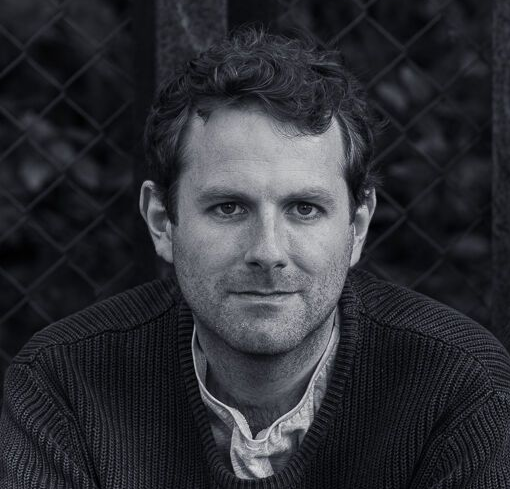Interacting Minds is an interdisciplinary research podcast hosted by Kirsi Tilk, Arnault-Quentin Vermillet and Savhannah Schulz.
In each episode, they are joined by interdisciplinary researchers to explore and discuss the work they have been doing and share a glimpse of the journey that brought them there.
On this site, you can find a full list of episodes including Show Notes with links and helpful resources.
The podcast is edited and produced by Kirsi Tilk, Arnault-Quentin Vermillet and Savhannah Schulz.
Music by Simon Karg. Artwork by Savhannah Schulz.
Supported by the Interacting Minds Centre Seed Funding Grant.
Please contact Kirsi Tilk at kirsi@cas.au.dk or Savhannah Schulz at
savhannah@cas.au.dk
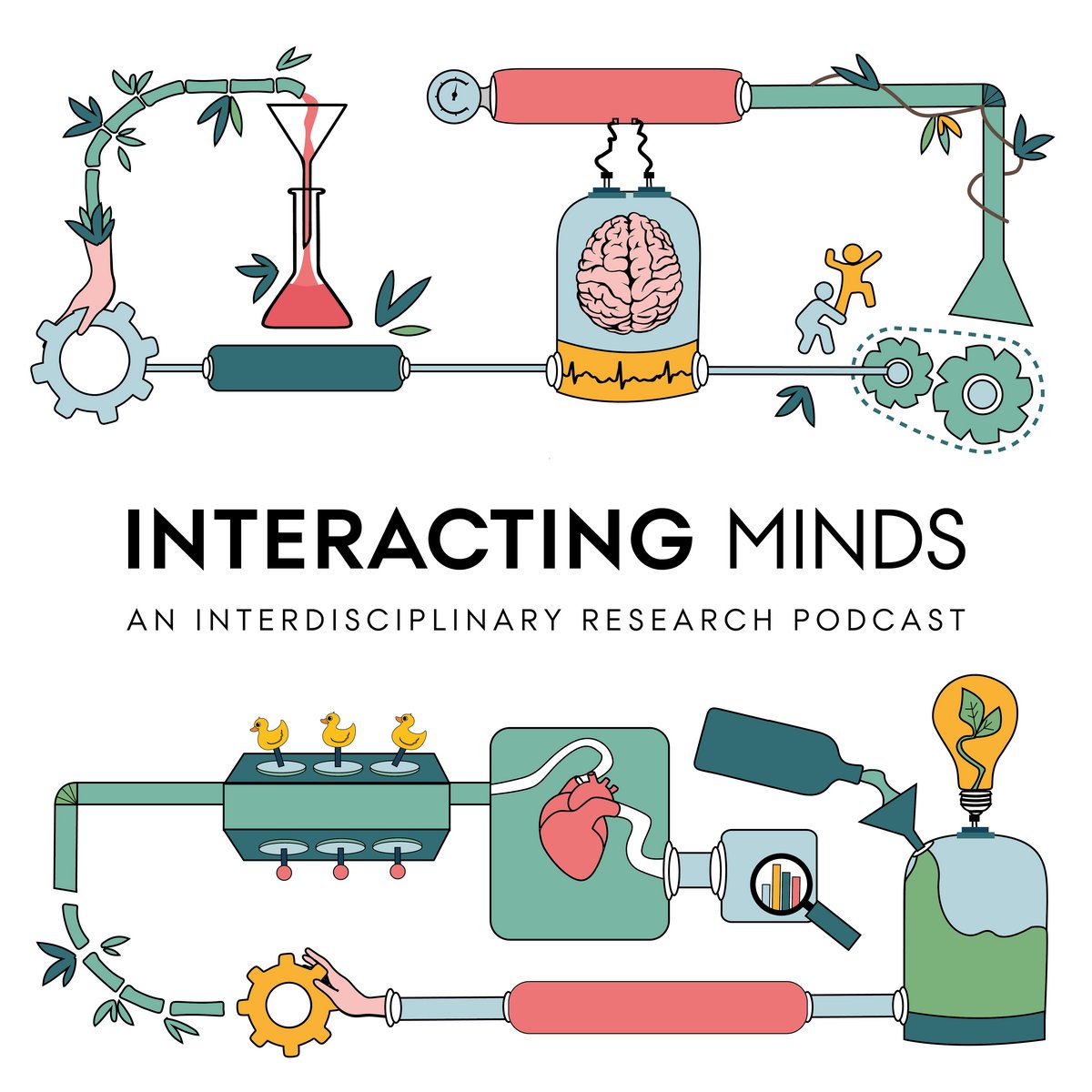
Considering starting your own podcast? Learn more about what this may entail by exploring the Interacting Minds Podcast Manual
Collaboration researcher Ella Paldam (Interacting Minds Centre) joins us for this episode to talk about the question that drives her as a researcher: How do humans understand and communicate with each other across different worldviews?
We revisit her academic starting points doing research with the Chumash, a Native American people in California, and then move towards her current work as part of the CollaboLearn project developing play-based social learning curricula for - and in collaboration with - children on the spectrum and their learning community.
Play Researcher Marc Malmdorf Andersen (Interacting Minds Centre & Recreational Fear Lab) has stopped by to talk about his cognitive theory of play, recreational fear, dark play, and why sweet spots of surprise could be at the core of making sense of why humans of all ages play.
We also get to talk about some of Marc’s past and future research endeavours: Studying senses of agency in Ouija Board sessions, asking participants to detect beings in a virtual reality forest, and using a range of empirical methods to study people voluntarily seeking out frightening experiences in a haunted house.
Interdisciplinary scholar Ingela Visuri (Dalarna University & Interacting Minds Centre) has come over from Sweden to talk about her new research project that explores to what extent educational live action role playing (eduLARP) contributes to social and theoretical learning in autistic youths.
We revisit the epiphany that started her research career while a religion studies teacher at a Secondary School in Sweden and follow her path as a curious mixed-methods scholar to the present day.
Constructivist Designer, Educator and Researcher Amos Blanton (Interacting Minds Centre & Dokk1, Aarhus Public Library) joins us this episode to talk about tinkering, play, and the adjacent possibilities that come with it.
We talk about past endeavours - running the Scratch online community, designing learning through play experiences in LEGO House, founding the LEGO Idea Studio, and co-developing the vision for the Scintillae Research Atelier - and then move to Amos current research on Collective Creativity and how solar art machines offer wonderful opportunities to invite collaborative creativity, shared decision making and cultural transmission.
What is the role of interdisciplinary and social science research in navigating a global pandemic? Computational Linguist Rebekah Baglini & Political Psychologist Michael Bang Petersen (Interacting Minds Centre) have stopped by this week to talk about the HOPE project — the largest Danish social science research project on the COVID epidemic.
We unpack HOPE’s interdisciplinary efforts to engage in data-gathering and rapid on-going analyses since the onset of the COVID pandemic in 2020 and explore how HOPE has navigated finding meaningful ways to interact and share their analyses with national authorities, media outlets, and the general public.
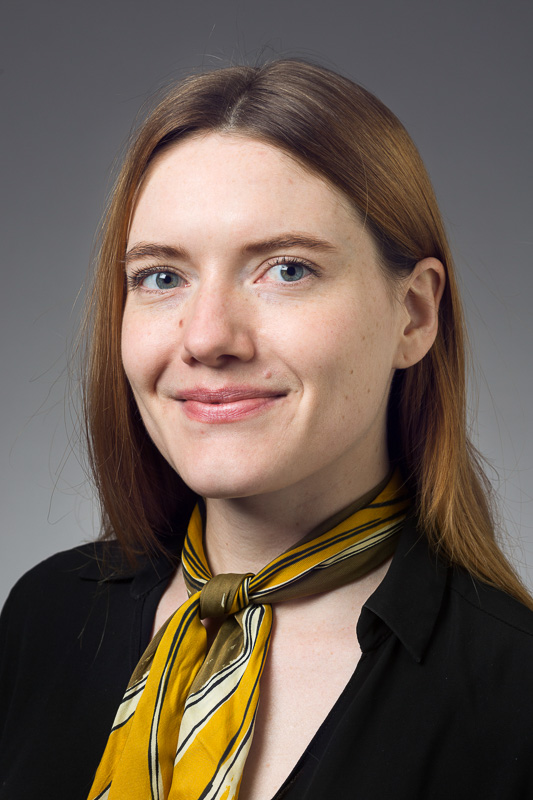
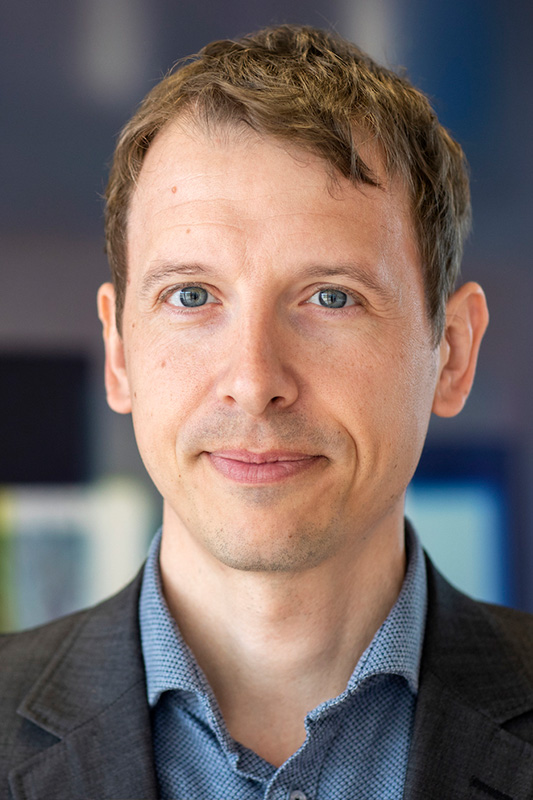
Mette Terp Høybye (Interacting Minds Centre & Silkeborg Regional Hospital) takes us along to the boundaries of consciousness and shares with us insights from her interdisciplinary research group Borderlands of Living that has spent the last 3 years empirically studying the high-stake relationship and uncertainties between clinical practice and research practice in the prognostic assessment of unresponsive patients with serious brain injuries.
Examining these intersections of reasoning between clinic and research, we reflect together on how insights from this work can inform and affect our understanding of responsiveness, consciousness and personhood.
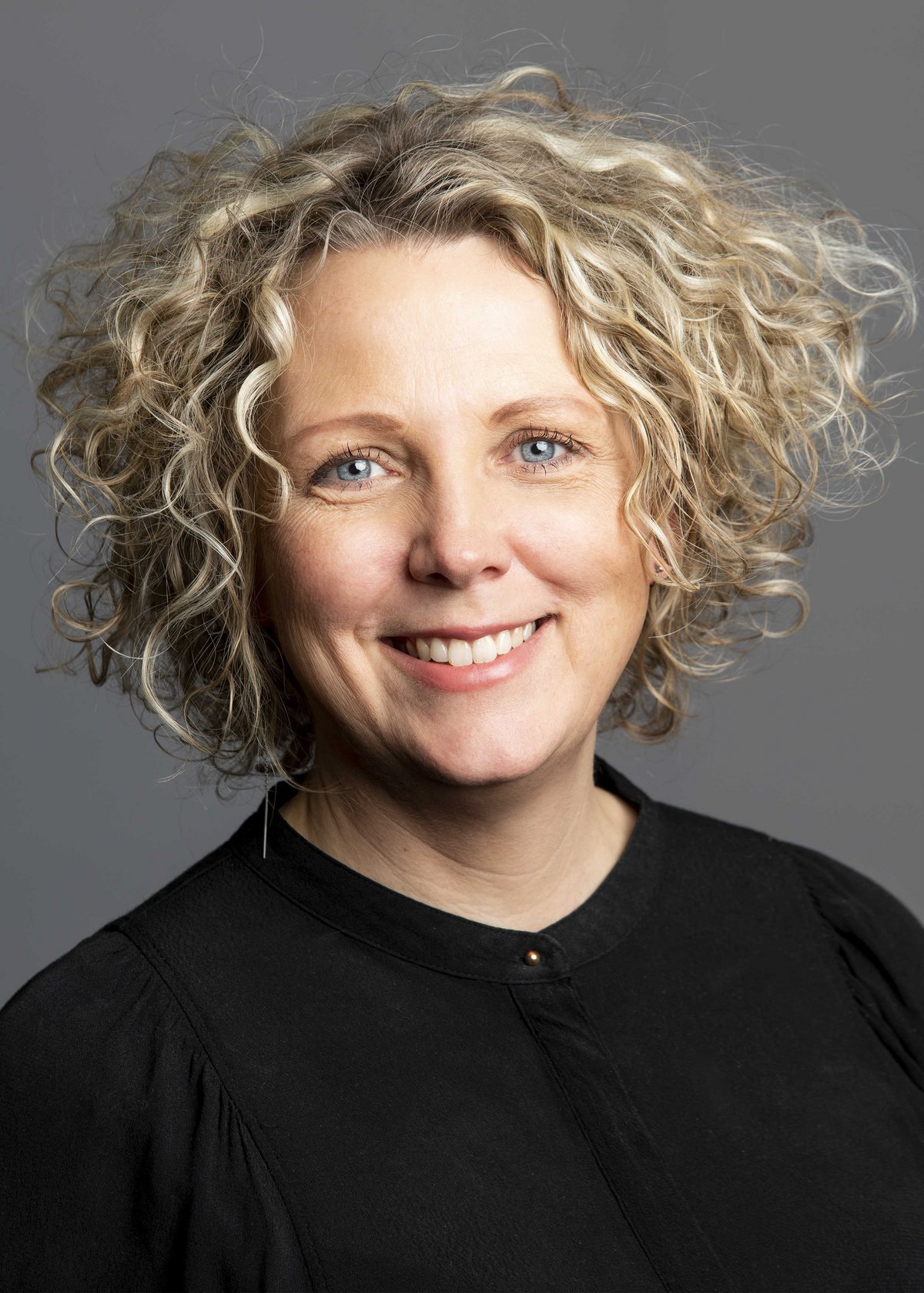
Wearable technologies have become increasingly prevalent in our daily lives. From tracking running times to monitoring stress, pulse and breathing — little in our life is left untracked. But what can all this data tell us? Could we gain new knowledge about human physiology and behaviour by drawing on information gained through wearable technologies in an ethical and responsible way?
Psychologist Christine Parsons (Director of the Interacting Minds Centre) has joined us this week to discuss wearable technologies, their impact on people, and their use in her research to understand topics such as sleep, mental health, and mindfulness.
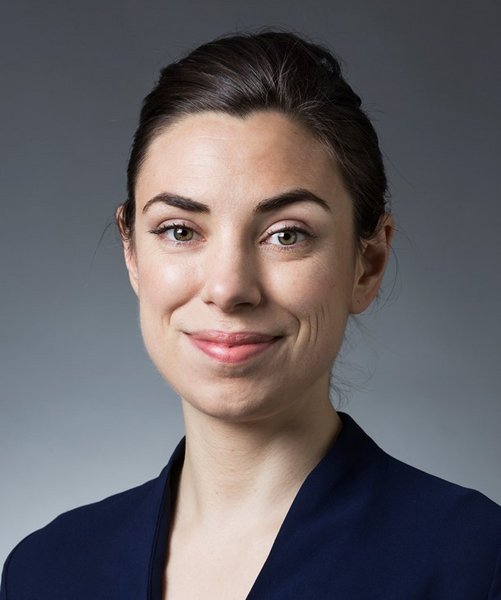
Clinicians tending to unresponsive patients with serious brain injuries face critical end-of-life decisions. They must decide to continue or withdraw life-sustaining treatment based on the best available knowledge and resources. Looking into the future, can researchers aid this decision making process by designing supportive computational tools? And if yes, what considerations should they keep in mind?
Lise Marie Andersen (Interacting Minds Centre & Region Midtjylland) & Alberte Seeberg (Center for Music in the Brain) have stopped by this week to help us dig deeper into the research of the Borderlands of Living project. We get to talk about the intricacies of explainable AI in prognostic assessments for patients with Disorders of Consciousness and the role of accuracy, transparency, and uncertainty in designing a meaningful prognostic assessment tool to aid clinicians in their decision making.
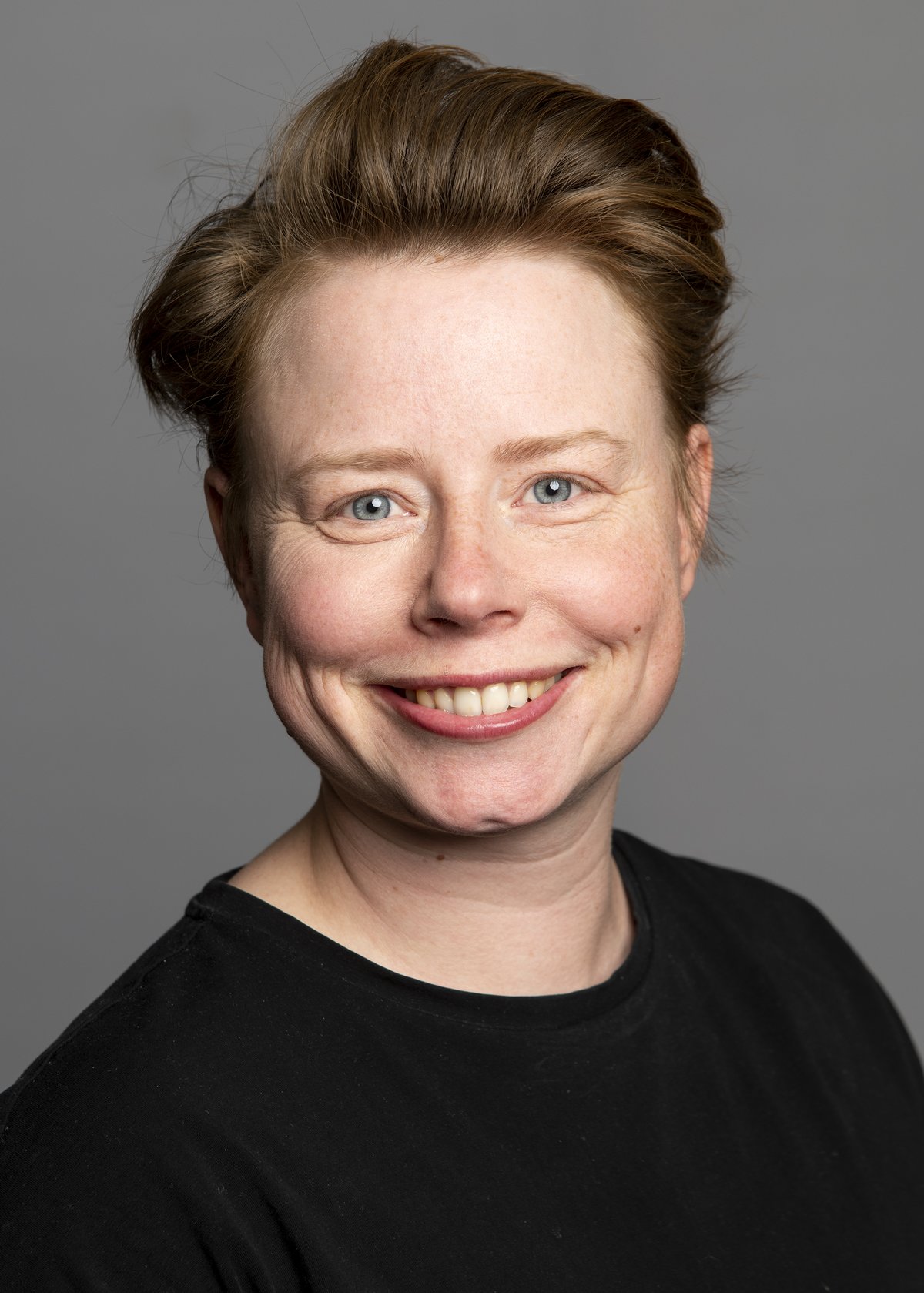
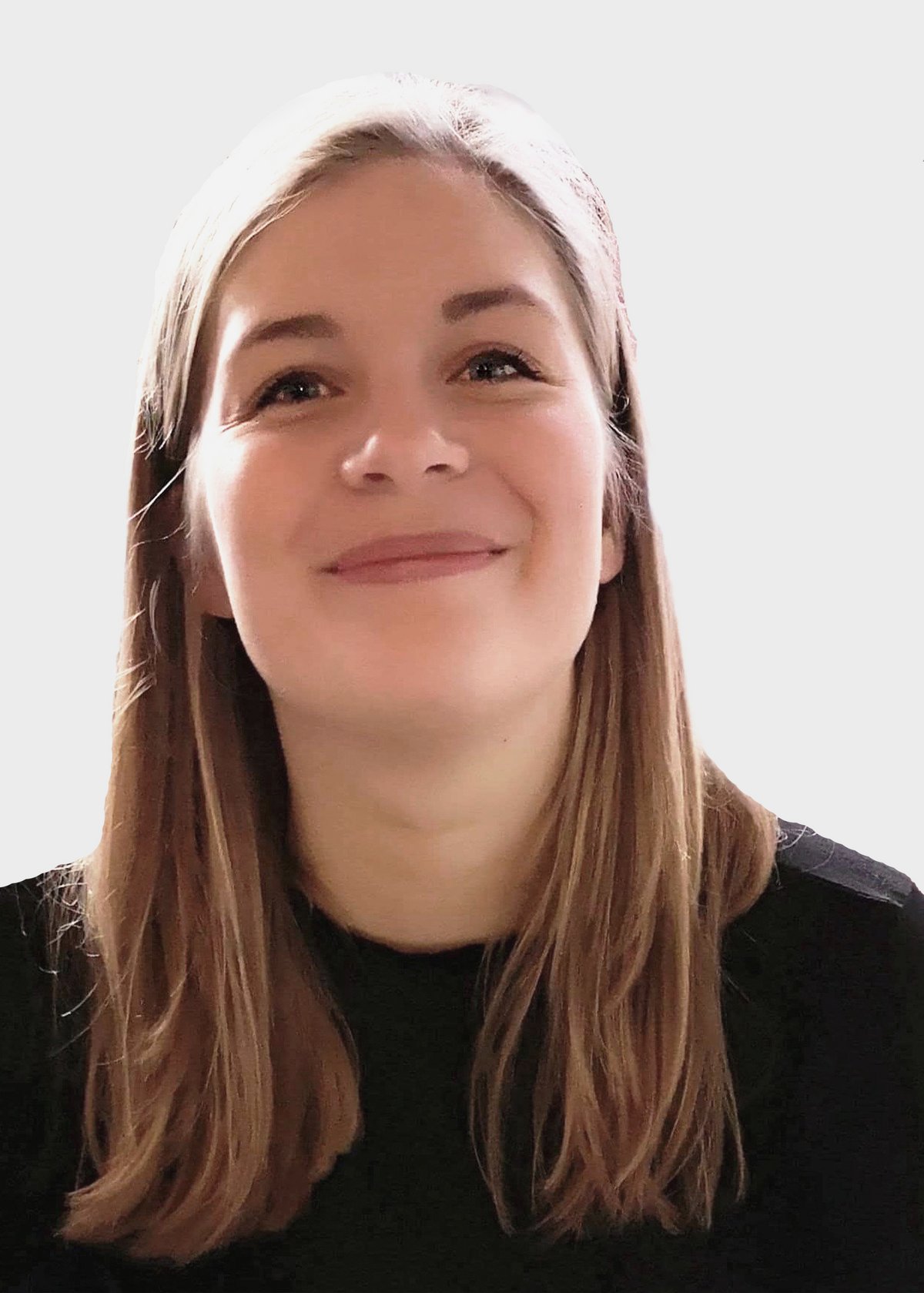
Consciousness, despite millenia of heated debate, remains one of the most puzzling phenomena to humankind. Theories are vast and continue to evolve with new technologies and fields of study. Yet, what happens when we move away from the theoretical discourse and enter a clinical setting where our conception of consciousness has critical implications to the lives and survival of patients at the borderlands of living.
Lise Marie Andersen (Interacting Minds Centre & Region Midtjylland) & Bess Boelsbjerg (Interacting Minds Centre, Heart openings) have joined us this week to dig deeper into the research of the Borderlands of Living project. We explore their interdisciplinary research with clinicians trying to understand how to best treat patients with Disorders of Consciousness. How do we enact and assess consciousness when patients are not able to communicate with us? How are personhood and consciousness related to each other in this liminal space? And what uncertainties can new technologies bring?
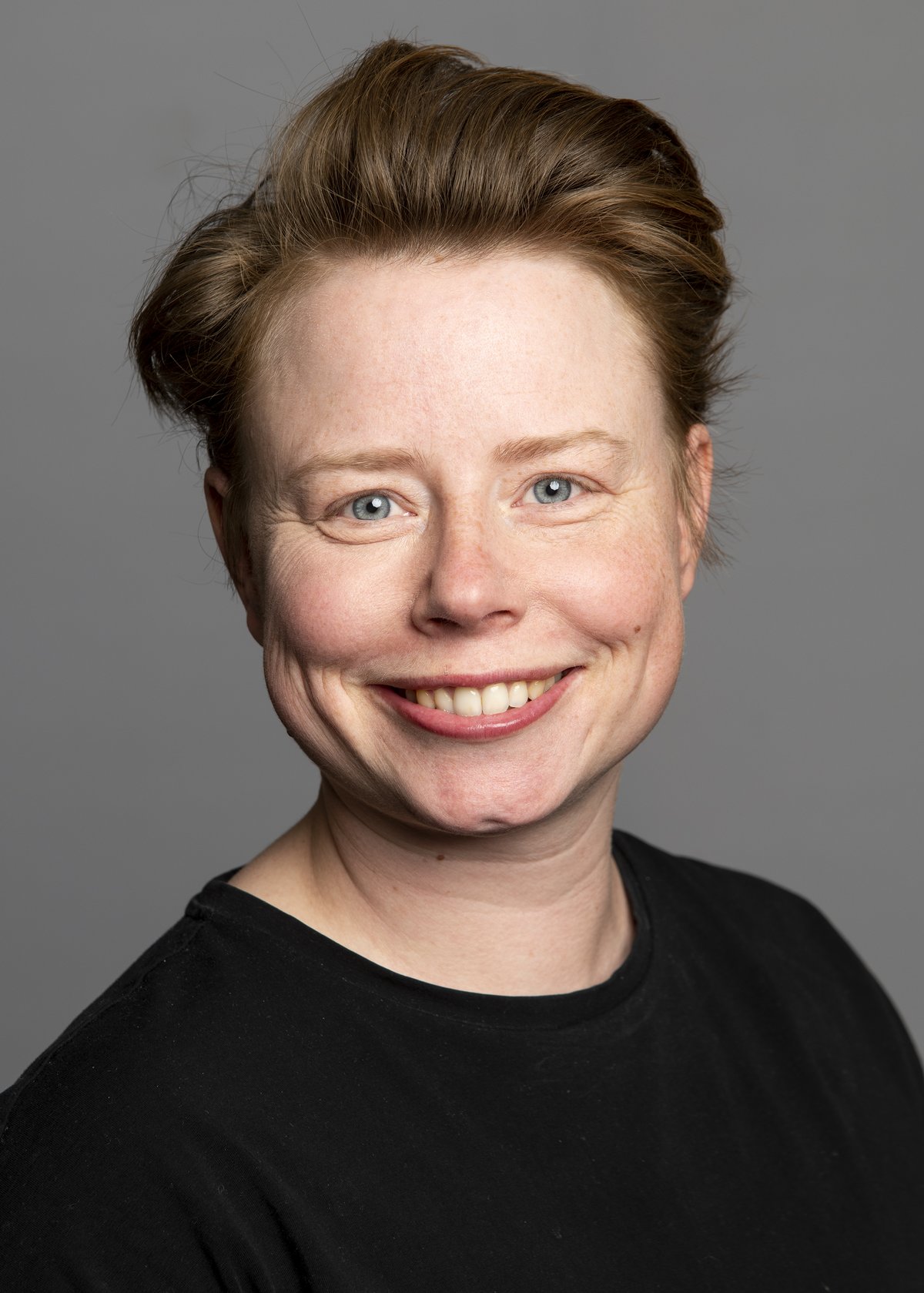
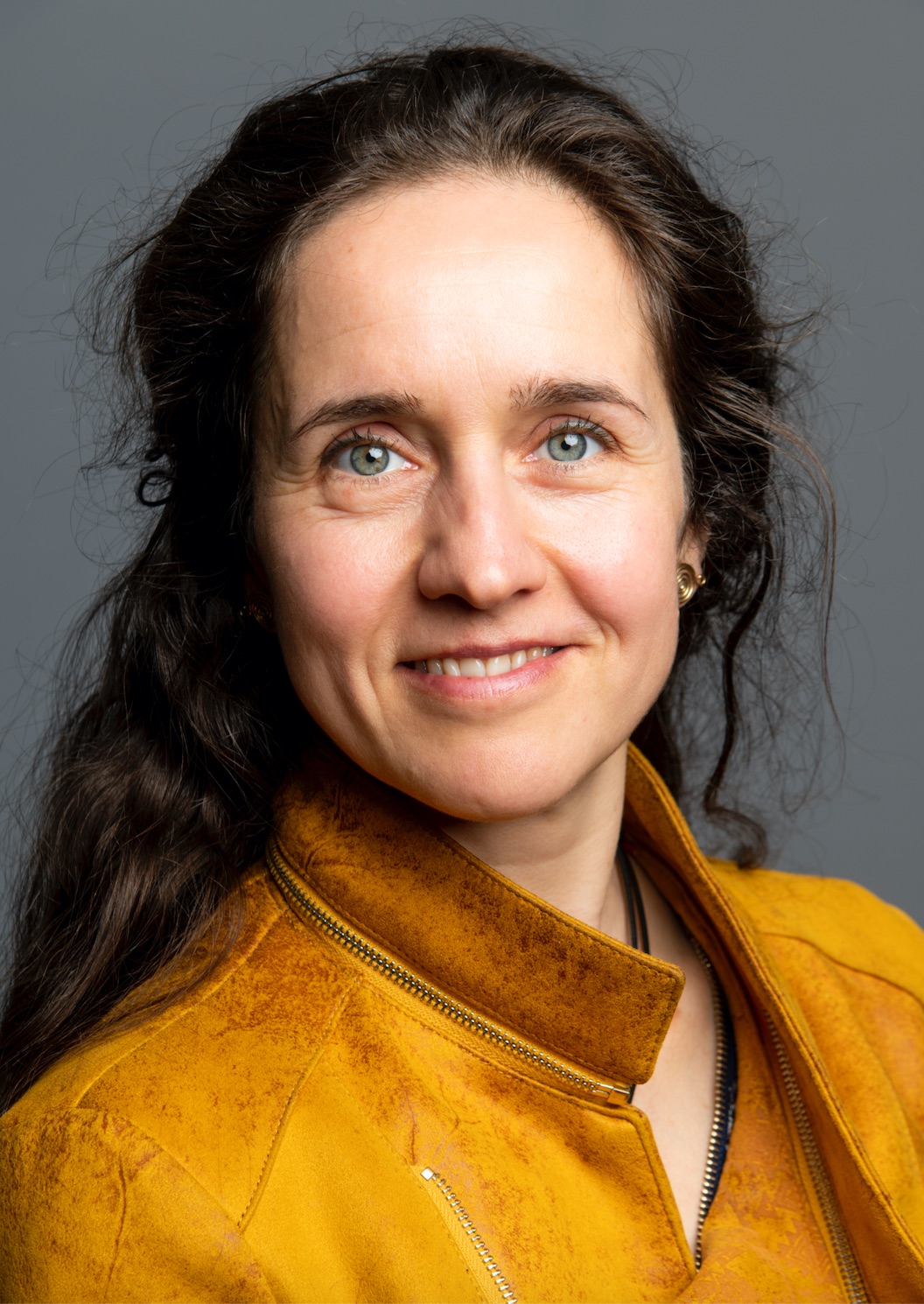
Are dreams just cognitive trash? Or do they fulfil a specific role in human evolution? How does dream time work? And what has Harrison Ford to do with dumb dream brain and eel related dice rolling games?
Philosopher and former Interacting Minds colleague Melanie Rosen (Trent University) has spoiled us with a visit from Canada to take us along on a journey into the depths of dream research. We get to talk about the continuity theory of dreams, explore the potential explanations for why humans might dream in the first place, and unpack the relationship between dreams and virtual reality.
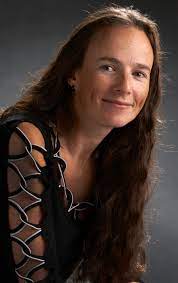
Political hostility is on the rise. The increasing polarisation in the political landscape stands hand in hand with political disengagement and apathy of third parties, and presents a challenge to our democratic institutions.
This growing hostility couldn't be more palpable than on the web. Scrolling on your favourite social media platform, you probably run into some hate speech from time to time. How do you typically react in these situations? While research within political science has focused on the hostility and explored how politically hostile behaviour develops, much less attention is given to bystanders and the potential of pro-social bystander reactions to mitigate the negative impact of online political hostility.
So this week, we have invited Lasse Lindekilde (Political Science at Aarhus University) & Simon Karg (Political Science at Aarhus University & Interacting Minds Centre) from the STANDBY project to discuss how their research focuses on reactions of bystanders when exposed to online political hostility. Through an array of mixed methods, this project aims at studying the behaviour of bystanders on various social media platforms. How do we react when we encounter online hostility targeted at others? What makes an UPstander and what motivates them? What role plays the platform's incentives in managing hate speech?
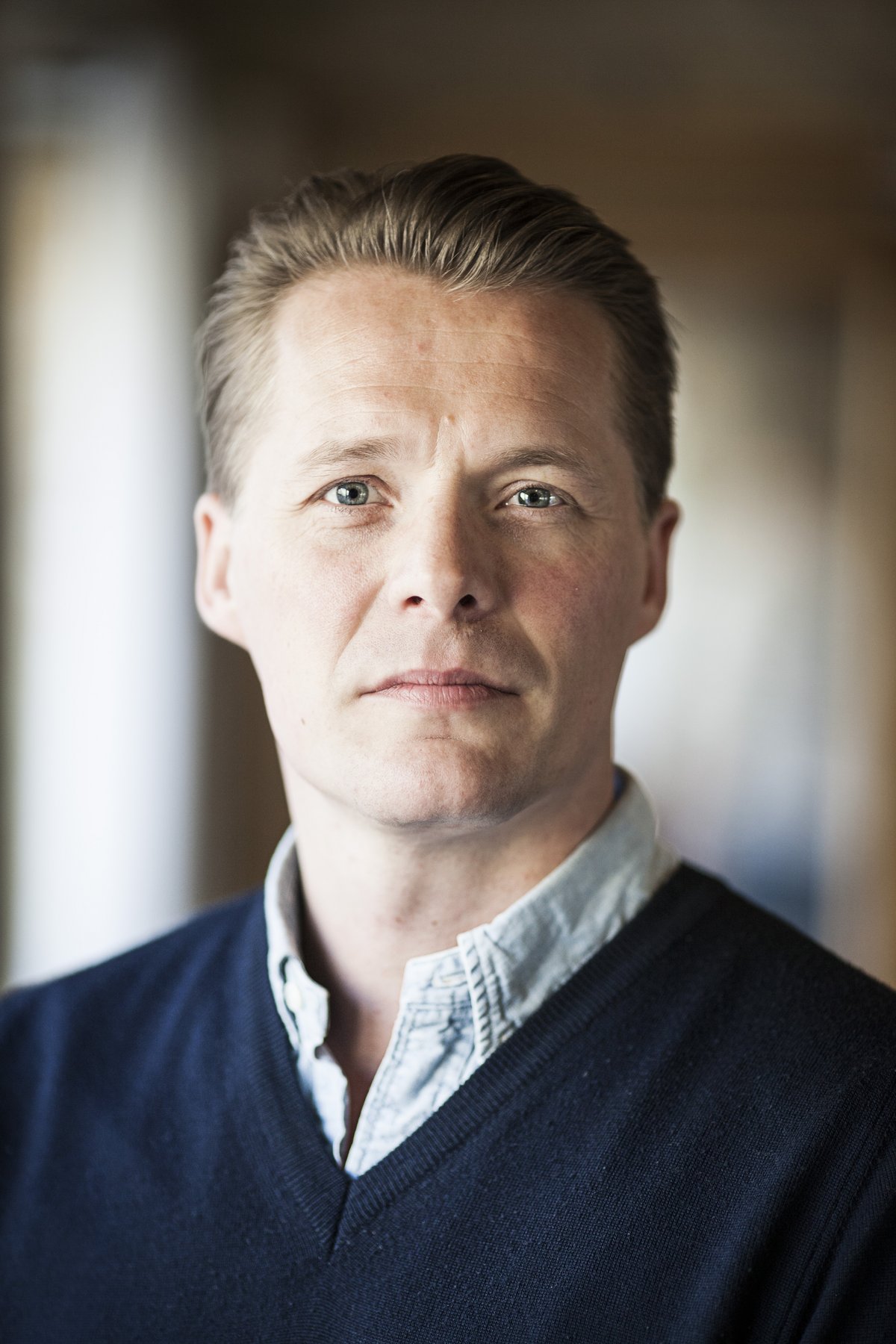
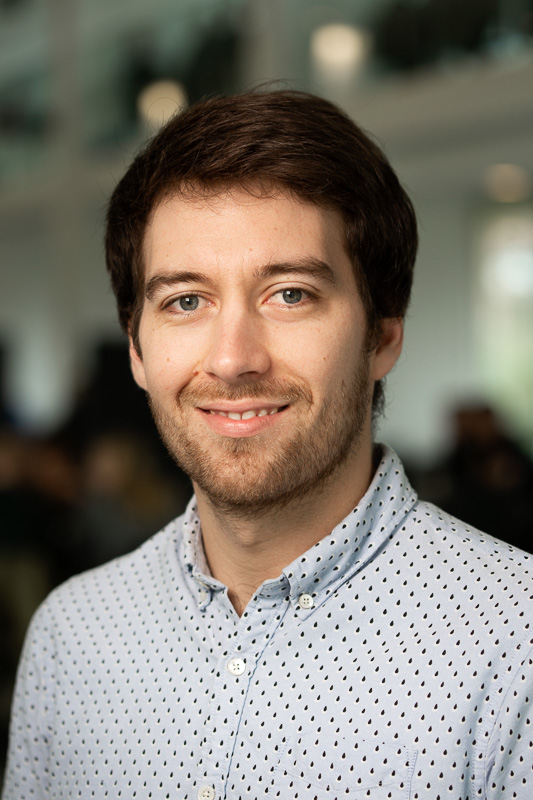
On a fundamental level, perspective-taking and storytelling are the main undertakings of both artists and scientists. They take an object, study it - sometimes deconstruct it - to reveal a new aspect of it. Yet, they evolve in clearly distinct social niches. So what happens when scientists and artists are brought together to crack the same object? Can their perspectives be complementary? Or does something new emerge?
Arnault visited artist Olafur Eliasson (Olafur Eliasson Studio) and anthropologist Andreas Roepstorff (Interacting Minds Centre) to discuss what brought their organizations together in EER: Experimenting, Experiencing, Reflecting - an ever-shifting project that blurs the line between art and science.
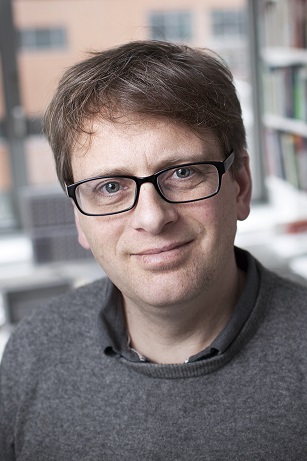
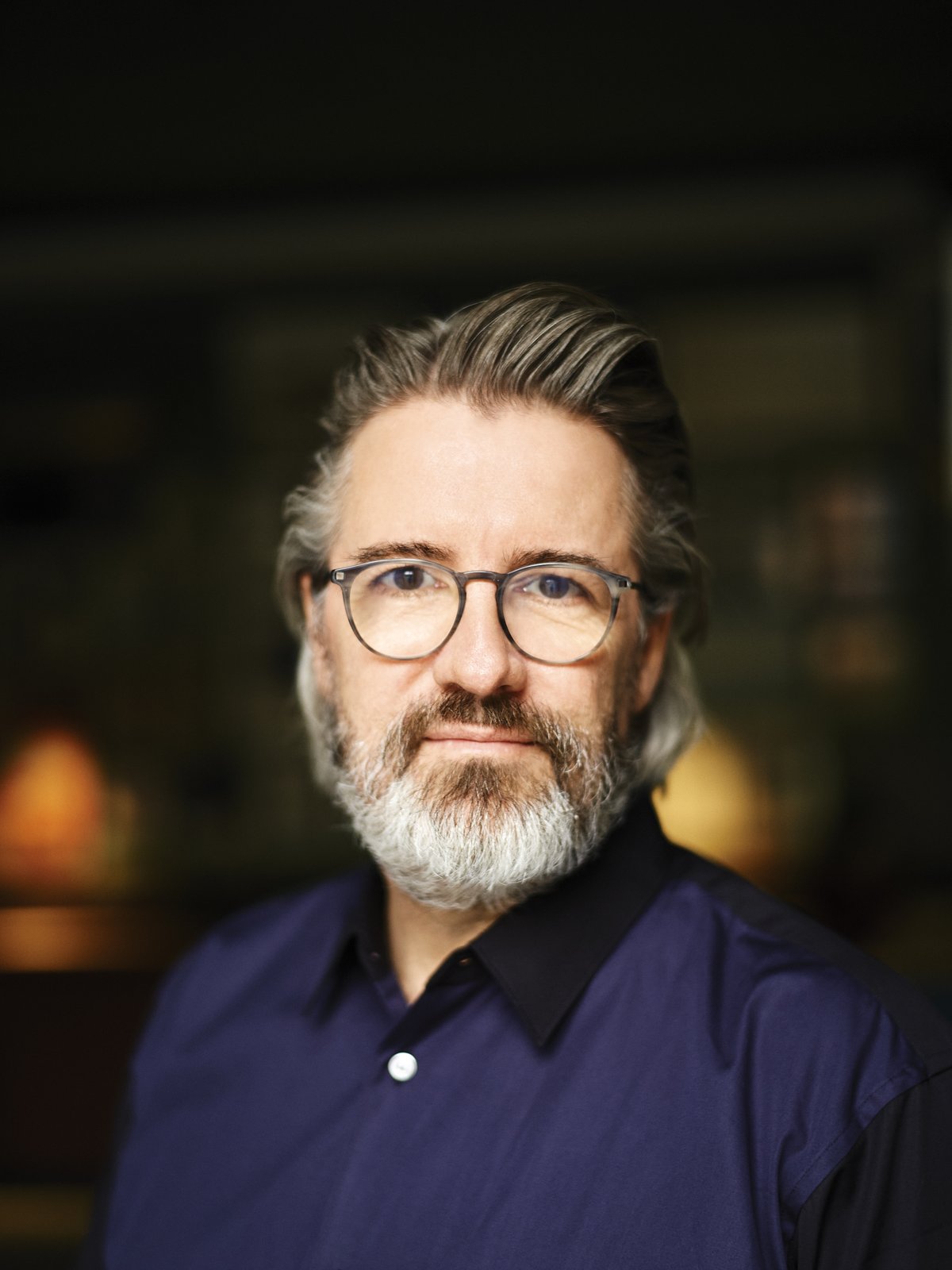
Scientists are busy. Always with the next deadline in sight. Looking back at a century of technological progress and theoretical debate is quite a daunting task. Yet, taking some distance is always a good idea to ground your work.
During their visit to the IMC, Arnault had the opportunity to organise a recording session with two lifelong researchers: Chris and Uta Frith. As we discuss the past 60 years of theoretical, technological and cultural changes they experienced in research. Their stories will take us through the beginnings of the IMC, the early days of neuroscience, and the evolution of research in the field of social cognition.
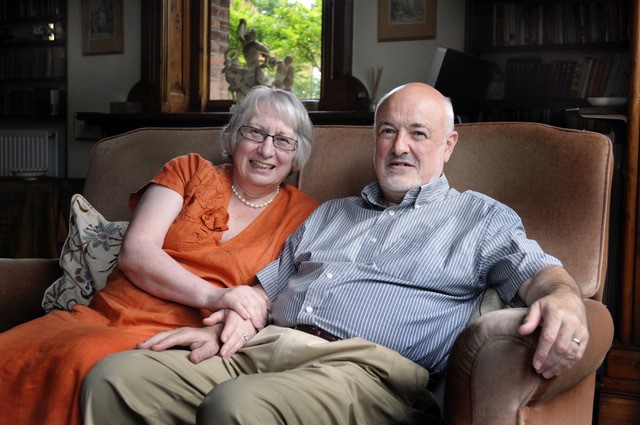
In the first episode, “Sexism in Academia”, Lea Skewes talks about her research on gender discrimination in academia. On the backdrop of the VIVE study, her research will shed light onto some systemic problems we encounter.
Lea Skewes is a post.doc researcher who focuses on gender stereotypes and gender discrimination in organizations. Most of her research has drawn attention to sexism and gender discrimination in academia. For instance, she has recently published the book chapter “Men Run Academic Track; Women Jump Sexist Hurdles” in the book “Re-imagining Sexual Harassment: Perspectives from the Nordic Region” (2023), which is a key part of the discussion in this podcast. She has also co-authored the book “Sexisme på arbejde – genkende, forebyg og håndtér” (2024) together with Jo Krøjer, Sara Louise Muhr, Eva Sophia Myers, Anne F. Einersen, Sorcha MacLoed and Ana Maria Munar. This book offers concrete tools to how one might start working with sexism in academia. Finally, she has documented sexist attitudes amongst academics together with Joshua C. Skewes and Michelle K. Ryan in the articles: “Attitudes to Sexism and Gender Equality at a Danish University” (2019) and “Attitudes to Sexism and the #MeToo Movement at a Danish University” (2021).

In the second episode of Interacting Minds Podcast, "Gamification in Education", Rajiv Vaid Basaiawmoit talks about his methods of gamification that he uses and what are the benefits of them in education.
Dr. Rajiv Vaid Basaiawmoit, Ph.D., MBA, is the Head of Sci-Tech Innovation & Entrepreneurship at the Faculty of Natural & Technical Sciences at Aarhus University, Denmark. He is an award-winning Entrepreneurship Educator and works at the intersection between innovation, entrepreneurship, interdisciplinary-collaboration and gamification. He designs and embeds Entrepreneurship into curricular education. He is an invited speaker at many conferences and events around the globe and he has spoken on various well-known platforms such as TEDx, ECS and NATO-CoE. In parallel, he also runs a game design studio under his consulting firm Biosymfonix. One of it's flagship products is a multi-award-winning Entrepreneurship board game called ESHIP:NavigatingUncertainty which is currently in use in over 60 different institutions across 25 different countries. More recently, the studio has also released GRANTED: The Research Grant Game – which helps interdisciplinary teams come together and create a skeletal grant proposal in under 3 hours.
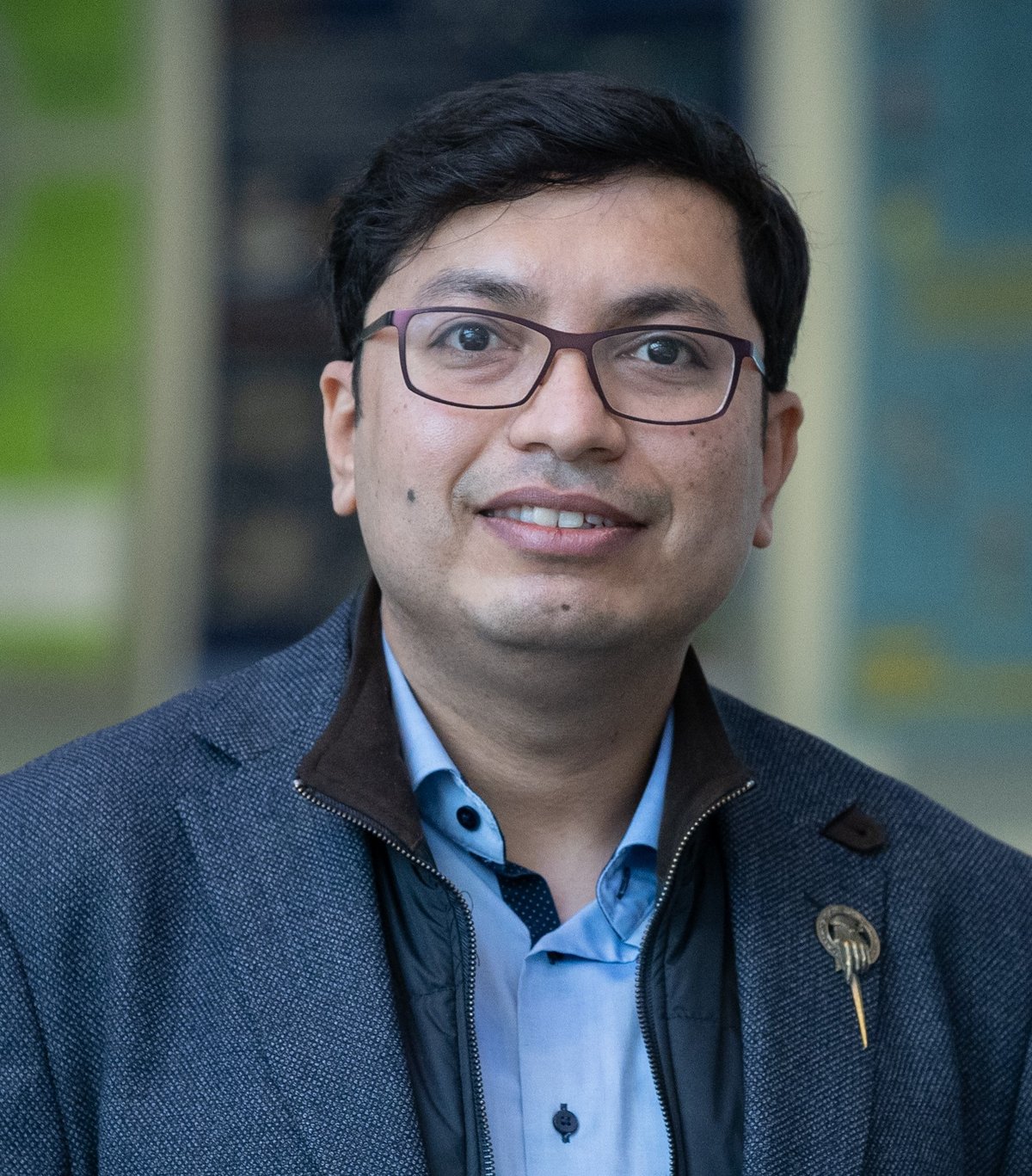
In this episode we will discuss what role music played in peoples lives during COVID19 pandemic. The co-founder of MUSICOVID, Niels Christian Hansen shares his research about peoples listening habits, new trends that emerged and coping methods for musicians.
NIELS CHR. HANSEN is Assistant Professor at Interacting Minds Centre (Arhus University), Postdoc at Center of Excellence in Music, Mind, Body, & Brain (University of Jyväskylä), and External Lecturer in Music Theory/History at Royal Academy of Music Aarhus. He is a member of Danish Young Academy, General Secretary of European Society for the Cognitive Sciences of Music, and Editor-in-Chief for Empirical Musicology Review. In 2020 he co-founded the global MUSICOVID network of ~450 researchers from ~250 universities in 49 countries. Trained as a classical pianist, Hansen has performed in DK, SE, PL, NL, DE, UK, US, AU, LV & IT.

In the fourth episode of the season, we will discuss what is joint action, non-verbal communication and also what comes out of a collaboration between science and art.
Cordula Vesper is an associate professor in Cognitive Science and Cognitive Semiotics at Aarhus University. Her research focuses on the cognitive mechanisms allowing two or more people to perform actions together. She has a BSc in Cognitive Science and a MSc in Neuro-cognitive Psychology from Germany. She conducted her PhD work on the topic of joint action at Radboud University in Nijmegen, The Netherlands, and during a postdoc at Central European University in Budapest, Hungary, she extended her research interests towards nonverbal communication in joint action.
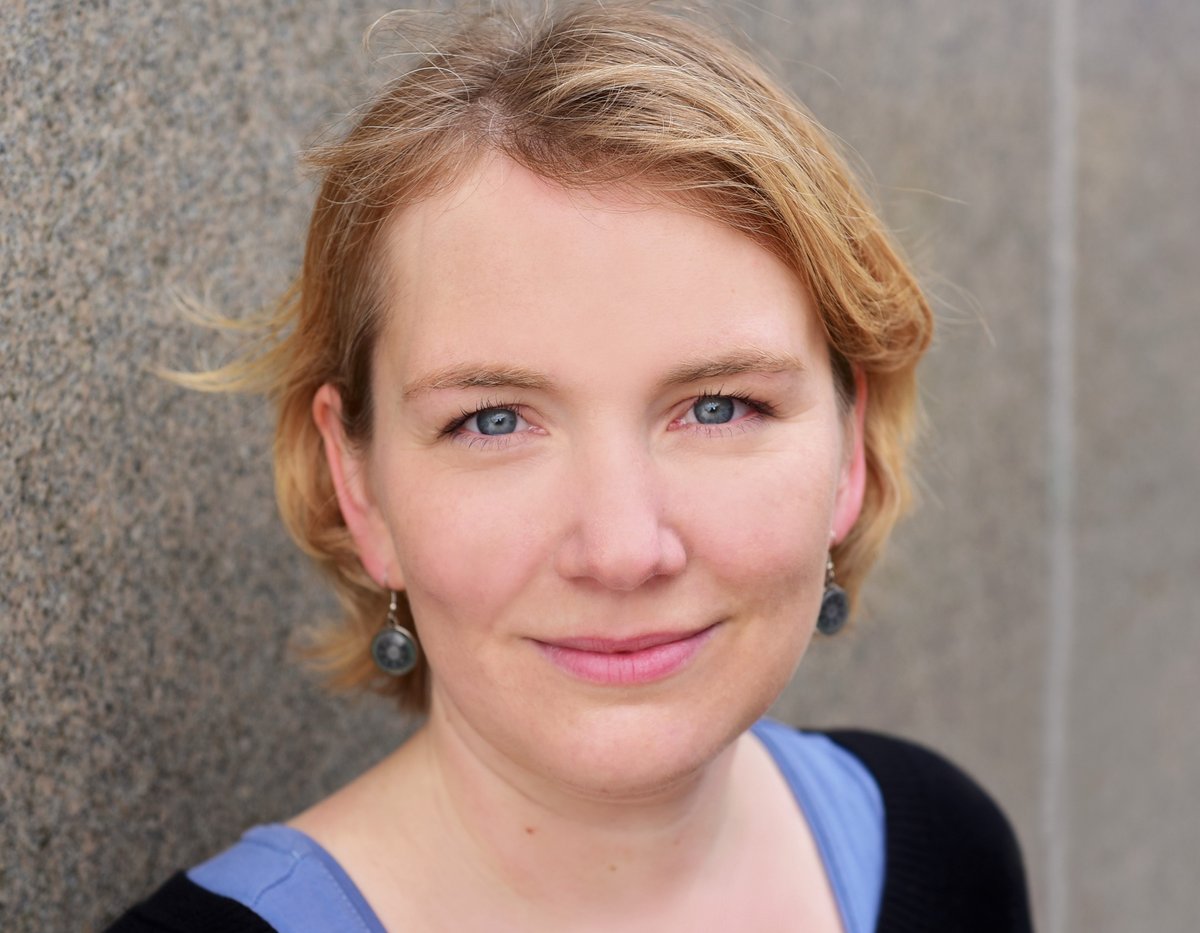
In this episode we will dig deep into cave art, early human behavior, meaning making and what can we find looking back to the primordial times. Here to guide us are Izzy Wisher and Kristian Tylén from the eSYMb project.
The eSYMb project:
The use of symbols is considered among the decisive accomplishments separating humans from other species. Symbols are tools of the mind. We use of symbols to assist or change the way we think, remember, communicate, express emotions, or coordinate with other people. Using records from archaeology in behavioural experimental investigations and computational modelling, the eSYMb project attempts to inform inferences, theory-building and discussions about how human capacities for symbolic behaviour evolved during the Paleolithic with a focus on the period from ~150.000–12.000 years ago. You can read more about the project here.
Izzy Wisher is a postdoctoral researcher on the ERC-funded eSYMb: The Evolution of Early Symbolic Behaviour project, and is an archaeologist specialising in Palaeolithic art. She obtained her PhD from Durham University in 2022, which focused on how certain visual psychological phenomena may have played a role in the making of figurative representations in Palaeolithic cave art. She is interested in interdisciplinary approaches between cognitive science and archaeology, to understand how artistic behaviours may have emerged and developed through different cognitive mechanisms.
Kristian Tylén (PhD) is Professor in Cognitive Science at the Department of Linguistics, Cognitive Science and Semiotics, Aarhus University. His research uses behavioral experiments, conceptual analysis and modeling to investigate, among other things, dynamical systems approaches to language use, cognition and interaction, joint problem solving, collective creativity, social cognition and meaning making. Besides, he is currently heading the EU-funded project “The Evolution of Early Symbolic Behaviour, eSYMb”, which integrates materials and insights from archaeology with theory and methods from the cognitive sciences to investigate how capacities for symbolic behavior evolved during the Paleolithic.
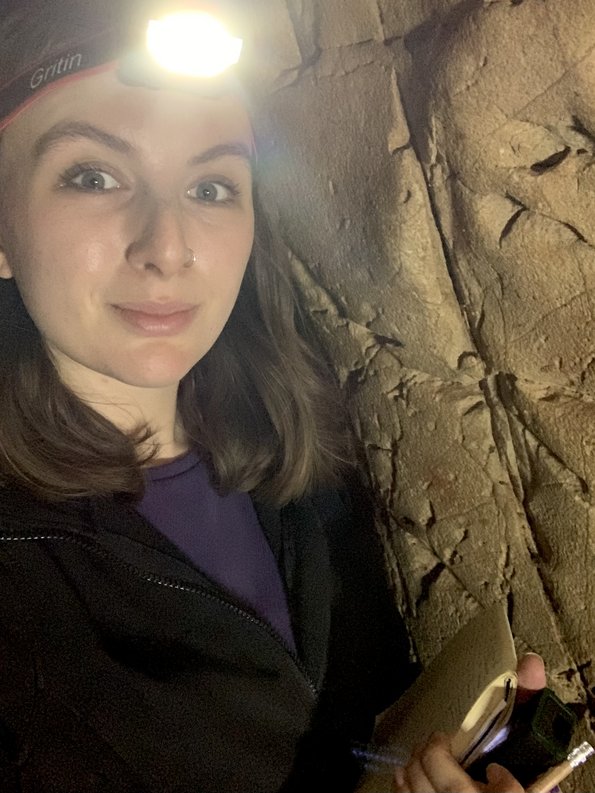
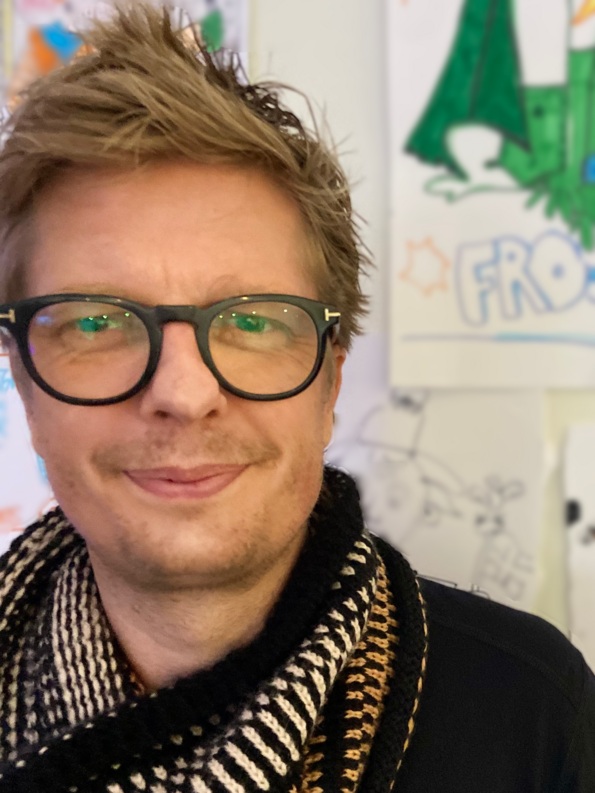
In the last episode of this season we will discuss how religion, devotion and love can be intertwined. Postdoctoral Fellow Renée L. Ford shares her expertise in Tibetan Buddhism and how can love and devotion manifest itself.
Renée L. Ford, PhD is a Postdoctoral Fellow with “Heart Openings: Cultivation and Experiences of Love in Religious Traditions, Christianity, Buddhism, & Islam,” an ERC funded project under the supervision of Christian Suhr at Aarhus University, Aarhus, Denmark. She also teaches Asian Religions as a part-time lecturer at University of North Carolina at Wilmington in the Philosophy & Religion department. Renée completed her PhD with Anne C. Klein at Rice University and wrote her dissertation titled, The Role of Devotion in Tibetan Heart Essence Traditions. Her research focuses on Tibetan Buddhist contemplative practices.
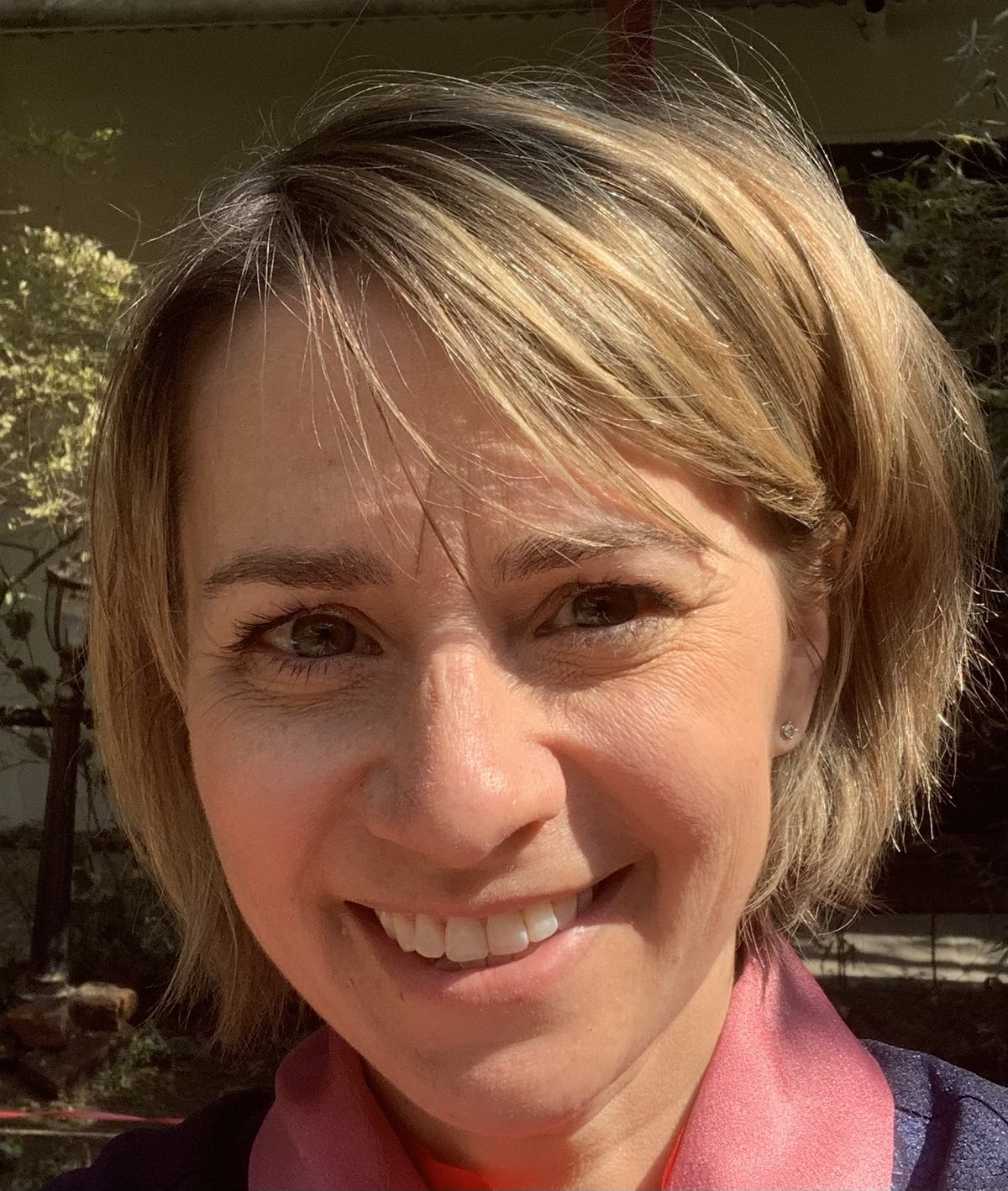
The first episode of the 4th season of the Interacting Minds Podcast starts with a study about house crows in Tanzania. Our topics circle around how these birds have continued to be problematic since they were brought to the coastal area of East Africa through colonialism more than a century ago and what changes should we work towards to ensure a more balanced ecosystem in the future.
Samwel is an ethnographer specializing in contemporary urbanism along the western Indian Ocean coast, particularly focusing on East Africa. His research delves into coloniality, consumption and discarding, the debris of late capitalism, repairing and recycling economies, and the anthropology of money. Over the past ten years, He has conducted extensive studies at the intersection of science, technology, and society in East Africa.
Currently, he is a postdoctoral fellow within the project “THE SOCIAL LIFE OF CRYPTO: How Digital Currencies Impact Informal Economies in the Global South” at Aarhus University, expanding his research focus to explore the emergence and network dynamics of new forms of money, specifically cryptocurrencies, within informal economies in Kenya. This endeavour builds upon his longstanding interest in the intricate relationship between science, society, and emerging technologies.

In the second episode we take a closer look at migrant health and healthcare both in China and Denmark. Amongst other questions, we explore if the public health care systems support and help migrants and if there is any room for development.
Bio- Qiuyu (Choo) Jiang earned her Ph.D. in Anthropology from McGill University. Her research explores themes of transnational migration, state-society relations, qualitative health, digitalization and sustainable data management. Currently, she works as a project manager at the Center for Digital Welfare at the IT University of Copenhagen, where she contributes to research at the intersection of technology, governance, and social inclusion.
Abir Mohamad Ismail is a Postdoctoral Researcher in the VELUX-funded project Fællesskaber på Tværs at Aarhus University's Department of the Study of Religion. She holds a PhD in Anthropology and a master’s degree in Arabic and Islamic Studies from the same institution. Her research explores care, aging, family and intergenerational relations, gender dynamics, and the experiences of Muslims in Western societies. She also examines religious individualization, secularization, and the intersections of religion, politics, and society. Additionally, she is engaged in projects on integration, migration, majority-minority relations, transnational Islam, and the teaching of Arabic as a foreign language.
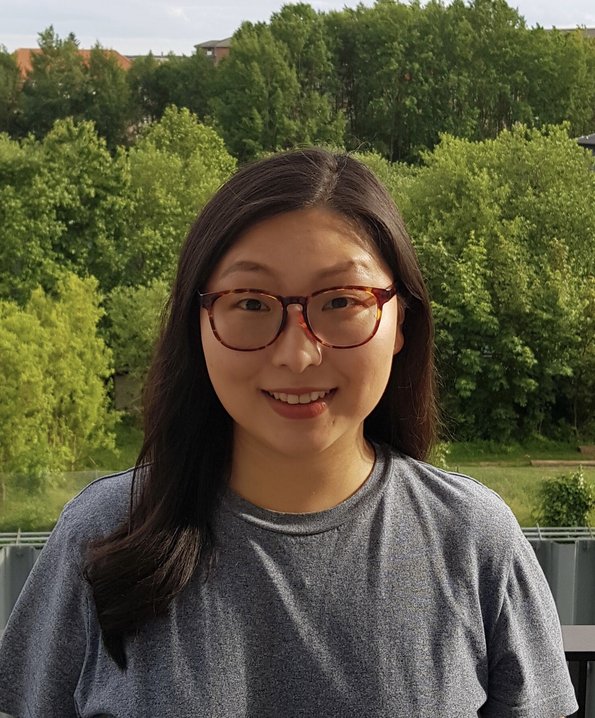
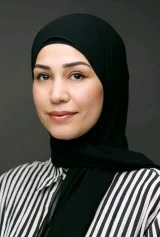
In the last episode of this mini-series "Infrastructural Cascades" we take a look at how capitalist development, hereunder infrastructure, changes our environment and poses a threat to the local ecological balance. The three main locations for research are Botswana, Canada and Spain.
Pierre du Plessis is an environmental anthropologist and multispecies ethnographer whose research has focused on practices of tracking and gathering as methods and analytics for understanding landscape change. His current research tracks how industrial beef production transforms landscapes in southern Africa and Europe. He has previously held research positions at the Oslo School of Environmental Humanities, University of Oslo, and as a DFF International Postdoc at Aarhus University and the University of Cape Town.
Zachary Caple is an environmental anthropologist at Aarhus University, Denmark and a 2023/24 ACLS Fellow. His forthcoming book The Human Asteroid Strikes Florida: The Mining Landscapes and Anthrobiogeochemistry of Phosphorus investigates the human-altered phosphorus cycle as an agent of multispecies landscape change in Florida.
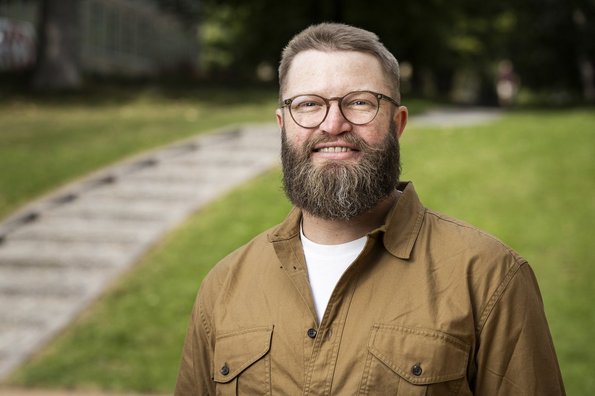

The 5th season of the Interacting Minds Podcast brings new episodes from clinical anthropology to philosophy.
In this episode we have anthropologist Marie Rask Bjerre Odgaard as the first guest for this season. We’ll be diving into her research at the intersection of art and activism in Jordan, how can a researcher be a friend and what challenges do we face when trying to create playful and queer spaces for healing.
-----------
Marie R. B. Odgaard is a social anthropologist who has spent the past decade focusing on artists and activists in Amman, Jordan. Her research explores gender and sexuality, ethics and morality within what she calls the “arts of living queerly,” the ethical dimensions of anthropology, and, more recently, playfulness and world openings in both artistic practice and academic writing. Her forthcoming book is an ethnography of the arts of living queerly in Amman. Odgaard (Ph.D., Anthropology, Aarhus University, Denmark) was until recently a postdoctoral researcher at the Department of Anthropology and WGSI at the University of Toronto, supported by a Carlsberg Foundation Internationalization Fellowship. She is currently an affiliate at the Department of Anthropology at Aarhus University among many other things.
Produced by Kirsi Tilk
Music by Simon Karg
Find more information at interactingminds.au.dk/podcast
Sponsored by the Interacting Minds Center
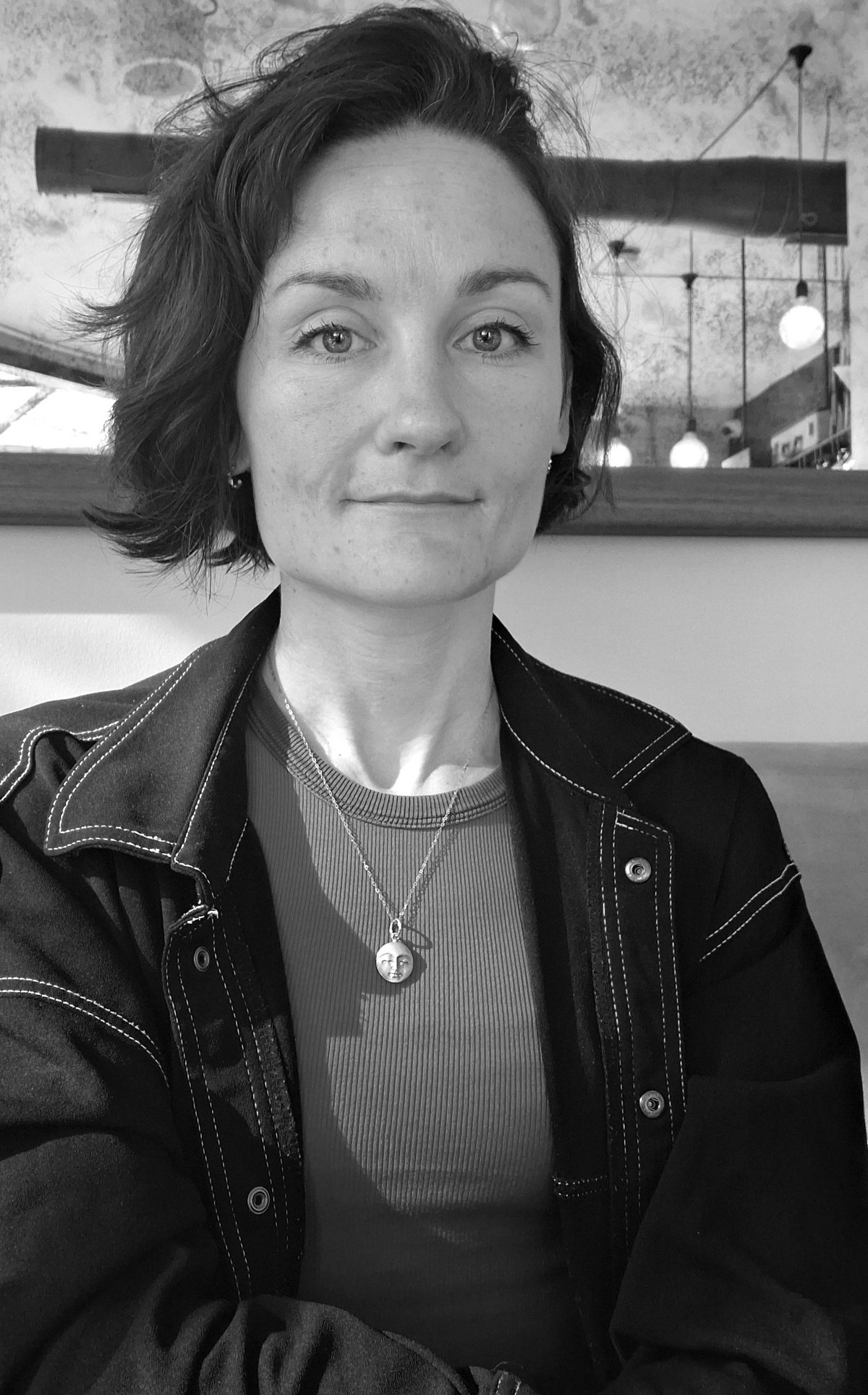
Welcome to the Interacting Minds Podcast. We are an Aarhus University based podcast focusing on making interdisciplinary science more accessible and approachable for the wider audience. In the second episode of the 5th season, we will discuss multimorbidity and decision-making under clinical uncertainty. Our guest today to shed light onto her research, is a medical anthropologist Anna Louise Skovgaard.
------
Anna Louise Skovgaard is a Postdoctoral Researcher at Aarhus University, Silkeborg Regional Hospital and University of Southern Denmark. She holds a BA and MA in anthropology from University of Copenhagen and a PhD in medical anthropology from Aarhus University. She also holds a BA in nursing with several years of clinical experience in the field of acute cardiology and thoracic surgery. Her research centers on conceptual and empirical investigations of chronic illness, multimorbidity, musculoskeletal pain, decision-making and healthcare encounters. In her work, she draws on various academic fields with a focus on the bridging and translation of clinical, anthropological and philosophical concepts and methods in interdisciplinary studies of health and illness.
Listen at - www.buzzsprout.com/1896690/episodes/18662612
Produced by Kirsi Tilk
Music by Simon Karg
Find more information at interactingminds.au.dk/podcast
Sponsored by the Interacting Minds Center
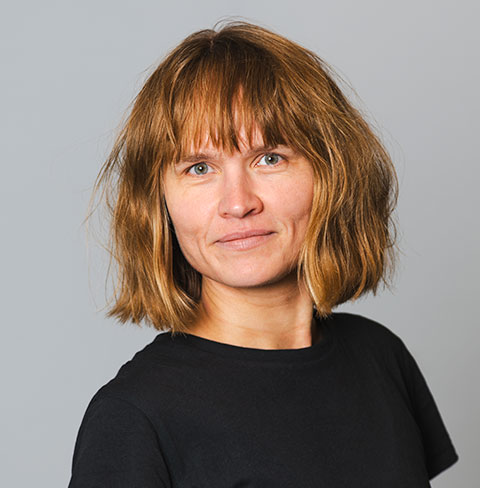
Welcome to the Interacting Minds Podcast. We are an Aarhus University based podcast focusing on making interdisciplinary science more accessible and approachable for the wider audience. Our guest for this episode is Andrew James Latham and we focus on his research about indirect compatibilism and free will.
--------
Andrew James Latham is currently a Marie Skłodowska-Curie Postdoctoral Research Fellow at Aarhus University in the Department of Philosophy and History of Ideas. He works mainly on topics at the intersection between metaphysics, cognitive science, and ethics. His most recent work has appeared in, among other places, Noûs, The Journal of Philosophy, and Philosophy and Phenomenological Research. He is the author of Indirect Freedom (Routledge, 2025), which advances a new kind of compatibilist account of free will. In addition to a PhD in Philosophy, he has a research background in experimental psychology and cognitive neuroscience.
Produced by Kirsi Tilk
Music by Simon Karg
Sponsored by the Interacting Minds Center
